The socioeconomic situation in managed areas of the Coquimbo region, Chile
DOI: https://doi.org/10.3856/vol36-issue1-fulltext-5
Abstract
The present study defines and develops a set of indicators able to measure the socioeconomic situation of artisanal fishing communities operating under a regime of Management and Exploitation Areas for Benthic Resources (AMERB, in Spanish) in the Coquimbo region (Chile). The results of the study indicate that the socioeconomic performance of the AMERBs, as measured with a global synthetic indicator, is average. Moreover, on a scale from 0 to 1, the AMERBs score best in institutional aspects (0.54), followed by social aspects (0.49), and finally economic aspects (0.30). Thus, the institutional development and the social situation are at the moment “good”, unlike the economic situation, which is, at the moment, “average” to “poor”. Globally, the organizations of Peñuelas-A, Río Limarí, Apolillado, Ñagué and Totoral have good socioeconomic situations, whereas the other organizations are in average or bad shape. The study indicates that the cause of the socioeconomic performance of the AMERBs is mostly economic results. Indeed, per capita income appears to be highly correlated with success, followed in importance by the antiquity of the AMERB and whether it is in a zone of urban influence. Finally, the species captured do not determine the socioeconomic success and, unexpectedly, the AMERBs with abalone (Concholepas concholepas) obtain, on average, worse results than those exploiting other species.


